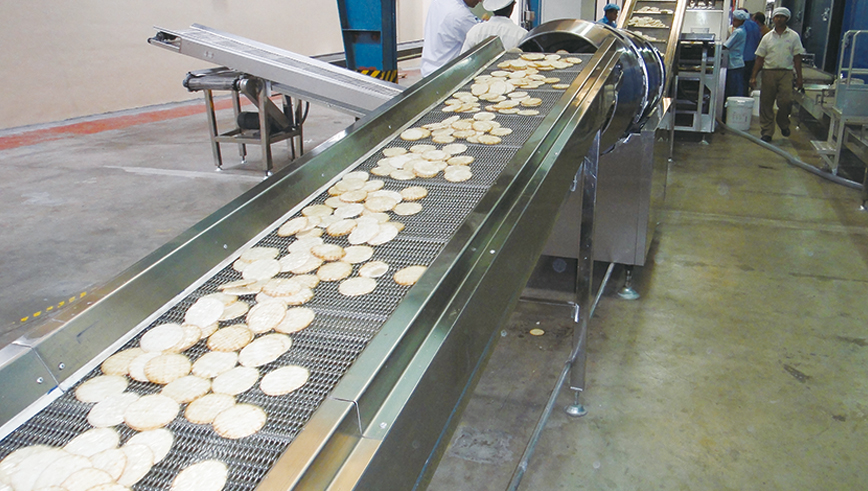Food packaging machines play a critical role in preserving food quality and extending shelf life. With growing concerns about food waste and safety, the demand for innovative packaging solutions is on the rise.
Types of Food Packaging Machines
Filling Machines: These machines dispense a specific volume of liquid or solid food products into containers. They are used in various applications, from bottling sauces to filling pouches with snacks.
Sealing Machines: Sealing machines ensure that packages are airtight, preventing contamination and spoilage. They come in various forms, including vacuum sealers and heat sealers, each tailored to different packaging materials.
Labeling Machines: Accurate labeling is crucial for compliance and consumer information. Labeling machines automate the process, ensuring that every package is correctly labeled with nutritional information, ingredients, and expiration dates.
Cartoning Machines: For products sold in bulk, cartoning machines assemble and pack individual products into larger cartons. This automation reduces labor and improves packaging speed.
Benefits of Food Packaging Machines
Extended Shelf Life: Proper packaging reduces exposure to air and contaminants, which can spoil food. Vacuum packaging, for instance, significantly extends the freshness of perishable items.
Enhanced Safety: Food packaging machines minimize human contact with food, reducing contamination risks. Automated sealing and filling processes are designed to adhere to stringent food safety regulations.

Cost Efficiency: Automating the packaging process reduces labor costs and increases throughput. Companies can package more products in less time, maximizing productivity.
Sustainability: Many modern packaging machines are designed to work with eco-friendly materials, aligning with consumer preferences for sustainable products. These innovations help reduce environmental impact and meet regulatory requirements.
Innovations in Food Packaging Machines
The food packaging industry is witnessing several technological advancements:
Smart Packaging: Some machines incorporate sensors that monitor product freshness and provide real-time data on packaging integrity. This technology helps producers ensure that only high-quality products reach consumers.
Flexible Packaging: Machines that handle flexible packaging materials are becoming increasingly popular, allowing for a variety of shapes and sizes while maintaining product integrity.
Robotic Automation: The integration of robotics in packaging lines enhances efficiency and precision. Robots can handle delicate items, reducing breakage and improving overall productivity.






























